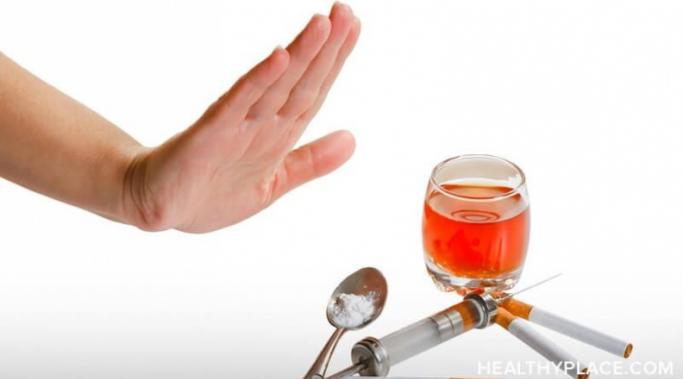Blogs
Because obsessive-compulsive disorder (OCD) and attention-deficit/hyperactivity disorder (ADHD) are so different in theory, some doctors argue that they cannot occur together. However, they have a surprisingly high rate of comorbidity, which is when two medical conditions appear together, and many with ADHD report obsessive thoughts and behaviors. Continuing my series of posts about ADHD and comorbid conditions, I would like to discuss the similarities, differences, and possible treatments for OCD and ADHD.
Borderline dissociation is one of the most confusing things to deal with as a person who struggles with borderline personality disorder (BPD). How do we learn how to create a solid reality rather than having to constantly regain what we think is the reality? Is it ever going to get easier? I don't know if I'm confused because I feel nothing from the borderline dissociation or more confused because I can't figure out which reality is better.
Putting a child in residential psychiatric care is one of the hardest decisions a parent has to make. Five years ago, I put my teenager into a residential psychiatric care facility for a year. Housing my child out of my home and in a residential mental health treatment center was a very painful decision that probably saved—and definitely changed—my child’s life.
It's rare to find positive commentary on borderline personality disorder (BPD) traits. Negativity, stigma, insults, and fear are the most dominant narratives about BPD (What Borderline Personality Disorder Feels Like Inside). Whether you are living with BPD or you love someone with BPD, life doesn't have to be all doom and gloom. Is it possible there is an unforeseen positive side to living with this diagnosis? I believe the answer is yes. Those living with borderline personality disorder traits can also be creative, passionate, deeply grateful, and loyal women and men. We can learn to embrace the benefits of borderline personality disorder.
Surrendering to life in eating disorder recovery is vitally important. To surrender from your eating disorder means giving up everything related to your illness. It also means fully embracing eating disorder recovery as an idea and a lifestyle.
Many factors can cause you to be stressed at work. Unfriendly coworkers, unnecessary regulations, difficult clients, and long hours all potentially release stress and anxiety chemicals, which, without intervention, can affect our entire day. But you can cut down on feeling stressed at work.
It's important to know how to identify the warning signs of addiction relapse when you have a loved one who is in recovery from addiction. There are some telltale signs that a person in recovery is moving toward an addiction relapse, even before they actually use drugs or drink again. When you are able to identify those signs, you may be able to help your loved one avoid relapsing and get his or her feet firmly planted back in recovery.
Exercise helps depression. Unfortunately, when we are dealing with depression, exercise can feel like the last thing we want to do. While we understand there are benefits of exercise such as it helps to reduce the risk for lifestyle-related diseases, counteracts the daily effects of stress, and shapes our bodies by building muscle, we often forget that it also helps alleviate depression. Needing to get motivated to exercise again, I’ve spent time thinking about how exercise helps with depression.
I took an atypical antipsychotic medication that makes you feel numb when I was first diagnosed with schizophrenia in 1999. It wasn’t until I was diagnosed with schizoaffective disorder, bipolar type and tried a mood stabilizer that my doctor allowed the antipsychotic dosage to be decreased. Finally, I felt like myself again.









